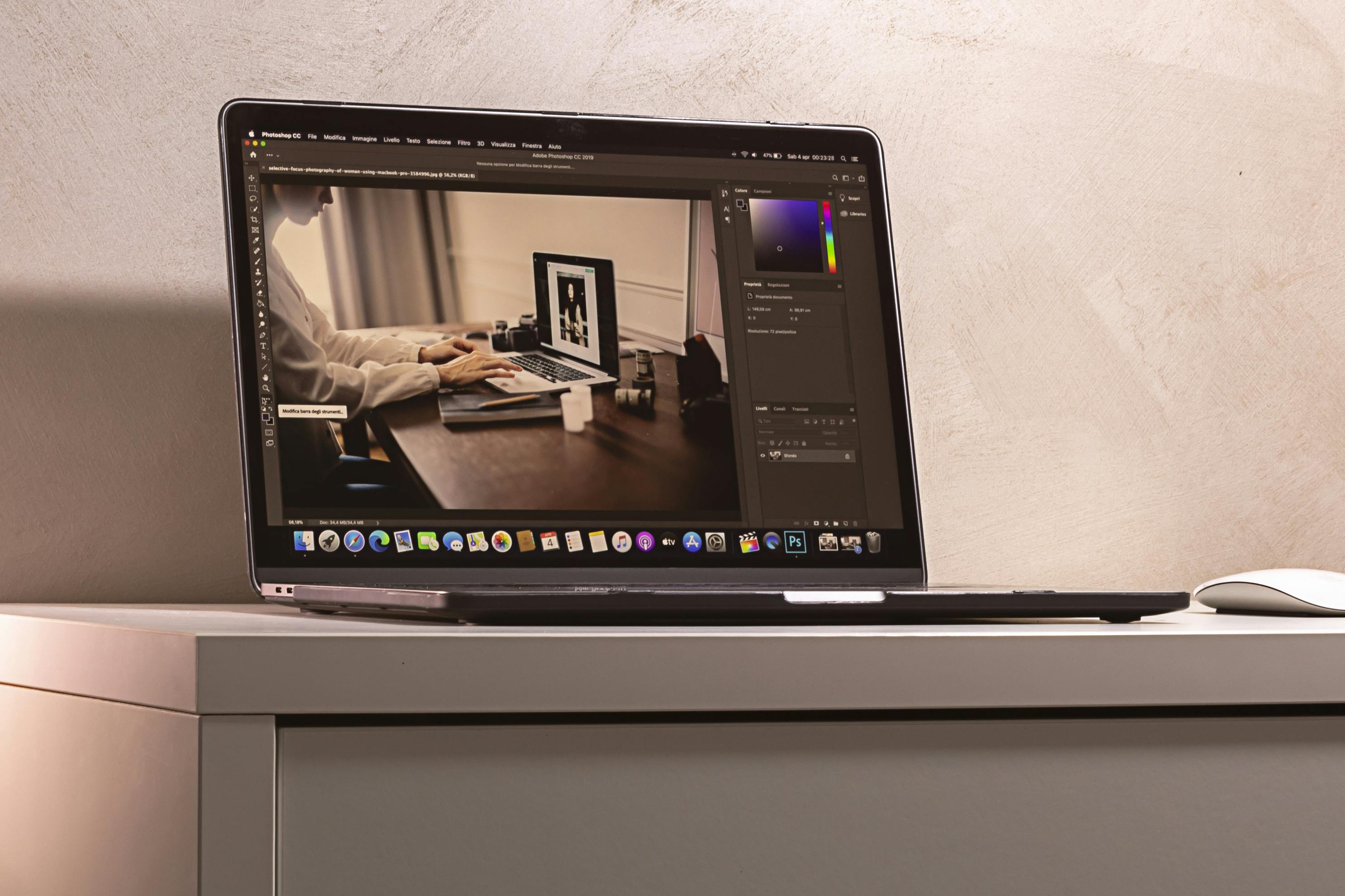Many of us trust too easily only to find out that we have been betrayed. Others of us don’t trust at all. Trusting too quickly, or not trusting at all, often says more about us than it does about the other person. Trust is not something we automatically want to do when we meet someone. We also don’t want to automatically mistrust someone. Some of us experience an involuntary response to trust or not trust, and neither extreme serves us well.
Trust is something that takes time. it is a process
trust is a process
When I say that trust is a process, it means that it takes time to get to know someone. If we enter a relationship at a slow and steady pace, we will discover more about who the other person’s true self is. We can then determine if they can be trusted with our feelings and our shared personal information, because our trust is the greatest gift we can give someone.
Strike a balance
Some of us were betrayed early in life, and don’t trust easily because of it. Others want a relationship or friendship so badly that we rush to trust someone to make it happen. We don’t give ourselves the opportunity and time to get to know that person to determine if he is trustworthy or not.
In adulthood, many times not being able to trust a friend, or a possible romantic partner, may be because we have been betrayed in our childhood, adolescence or at some point in adulthood. The person who wants our trust may very well be trustworthy, however we may not be able to recognize this due to our history.
Our past relationships reflected in the present
One of the first great tasks of our lives is to establish trust in the face of mistrust. As children, we develop the feeling that our needs will be met, versus the feeling that they will not. Our view of the world is often determined by how confident we feel that we can trust others to meet our expectations. If we have had good and consistent relationships in the past, we can assume as much about our current and future relationships, and trust too easily based on this experience.
If our parents, or our experiences in past relationships, were not consistent in meeting our needs, we may fear that current and future relationships will respond in the same way. We make ourselves vulnerable when we trust. Withholding our trust can be used as self-preservation to protect us from being hurt again. How can I trust myself from past mistakes?
It’s not you, it’s Me
Sometimes it is difficult to differentiate to determine if we do not feel trustworthy of another person. Is it about them? Or is it our own history? I have heard many times during psychotherapy sessions that, “My friend is talking about other people and I feel uncomfortable. I don’t know if I should trust them or not.”

